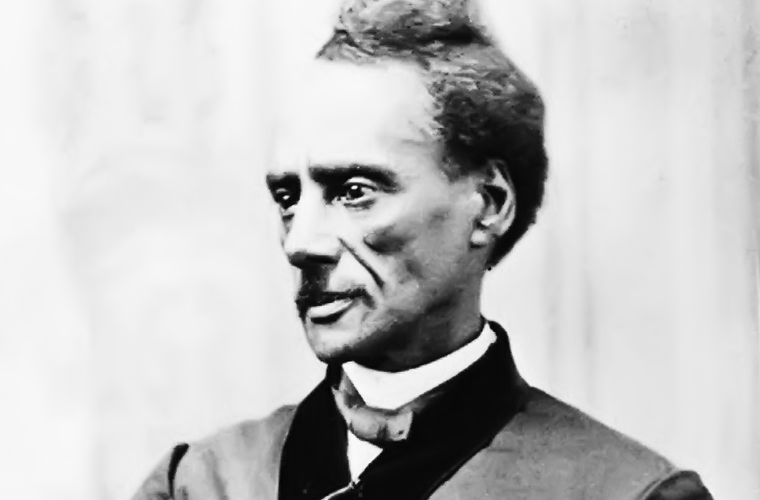Charles Lenox Remond, also known as Charles Remond, was a prominent African American abolitionist and activist during the 19th century. He was born on February 1, 1810, in Salem, Massachusetts, into a free black family. Remond became a prominent figure in the anti-slavery movement and fought tirelessly for the abolition of slavery and the advancement of civil rights for African Americans.
As a young man, Remond was educated at the New York African Free School, where he honed his oratory skills and developed a passion for social justice. He was known for his powerful and eloquent speeches, which he delivered throughout the United States and Great Britain. Remond was involved in various anti-slavery societies, including the American Anti-Slavery Society and the Massachusetts Anti-Slavery Society. He worked alongside other leading abolitionists of his time, such as William Lloyd Garrison and Frederick Douglass, and was actively involved in organizing conventions, protests, and rallies.
In 1840, Remond traveled to the United Kingdom to campaign against slavery and racism. His speaking engagements drew large crowds, and he played a crucial role in raising awareness about the atrocities of slavery and gaining international support for the abolitionist cause. Apart from his anti-slavery activism, Remond was also involved in advocating for women’s rights, temperance, and education. He believed in the power of education and encouraged African Americans to pursue learning and self-improvement.
After the abolition of slavery in the United States, Remond continued to be involved in civil rights activism and fought for the rights of African Americans to be treated as full and equal citizens. He passed away on December 22, 1873, leaving behind a legacy of unwavering dedication to the cause of racial equality and justice. Charles Lenox Remond remains an important figure in American history, celebrated for his contributions to the abolitionist movement and the fight against slavery.

